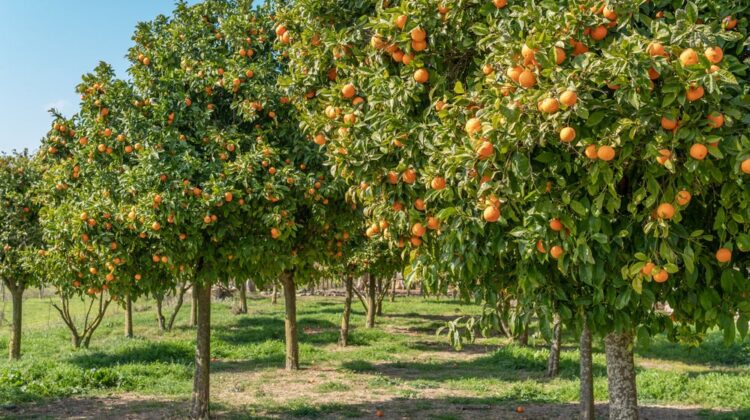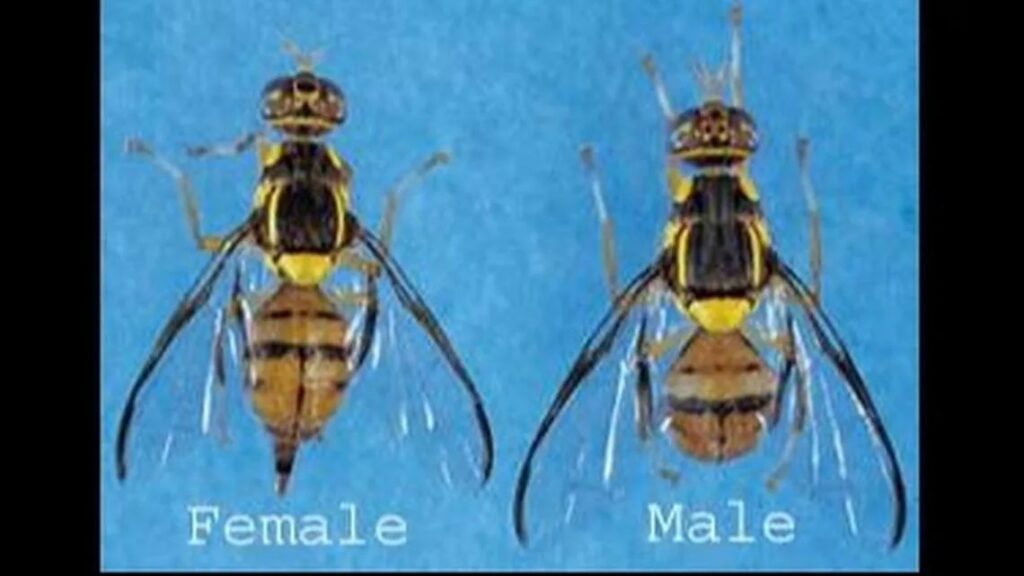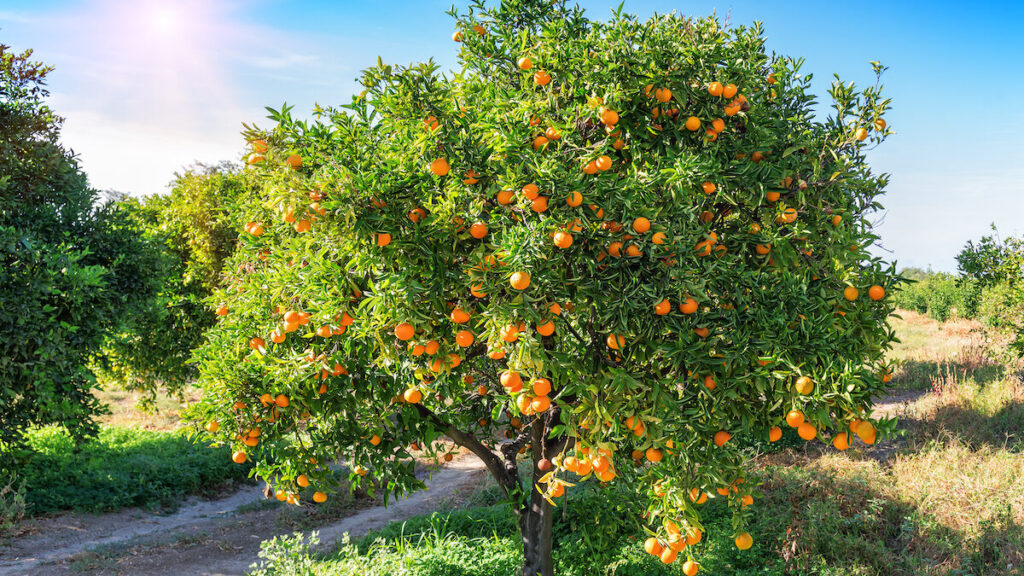
The California Department of Food and Agriculture has announced a significant initiative involving the removal of fruit from trees at more than 2,000 homes in Redlands, San Bernardino County. This large-scale fruit removal, scheduled to commence in late January, is a proactive measure to address the threat posed by the Oriental fruit fly, an invasive insect species.
The decision to strip fruit trees comes as a response to the potential establishment of the Oriental fruit fly, which, if left unchecked, could cause substantial economic losses amounting to billions of dollars annually. With the livelihood of California’s food supply at stake, swift and decisive action is imperative to mitigate the risk posed by this invasive pest.

The Oriental fruit fly poses a significant threat to over 230 crops, including citrus, nuts, vegetables, and berries. Its lifecycle, which involves laying eggs in fruit that develop into larvae, presents a grave concern for agricultural sustainability and food security in the region.
Despite previous successful eradication efforts, the Oriental fruit fly continues to pose a recurring challenge in California, underscoring the importance of proactive measures to prevent its establishment. Failure to address infestations promptly could result in substantial financial losses, ranging from $44 to $176 million, in addition to increased pesticide use and quarantine requirements.

Residents in the affected area will receive prior notice of the fruit removal process, which is mandatory for effective pest management. It is essential for residents to adhere to the instructions provided by the authorities and refrain from attempting fruit removal independently to minimize the risk of further infestation spread.
In the event of fallen fruit, residents are advised to follow specific disposal guidelines, including double-bagging fruit waste and placing it in designated trash bins. By adhering to these protocols, the risk of Oriental fruit fly transmission can be significantly reduced, safeguarding both agricultural interests and the wider ecosystem.

As the fruit removal initiative progresses into late February, collaboration between residents and regulatory agencies will be vital in effectively addressing the Oriental fruit fly threat. Through concerted efforts and adherence to established protocols, California aims to protect its agricultural heritage and maintain the integrity of its food supply chain.
Redlands, situated approximately 60 miles east of Los Angeles, serves as a focal point for this crucial pest management endeavor, highlighting the statewide commitment to combatting invasive species and preserving agricultural sustainability.

Leave a Reply